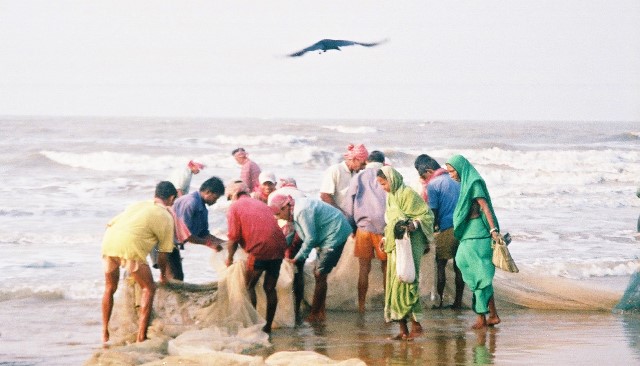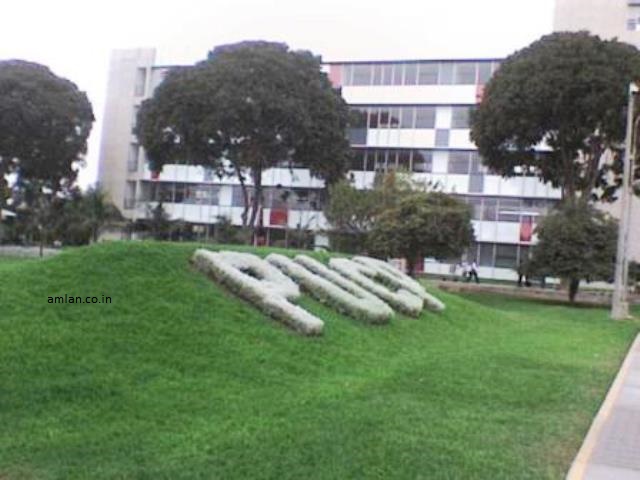Capability and women’s well-being
I have entered into a new sphere of research in the end of 2005. I have started work on Capability Approach as a Visiting Scholar at the Dipartimento Economia Pubblica e Territoriale, Università di Pavia, Italy under the supervision of Prof. Enrica Chiappero Martinetti. I have worked on multidimensional assessment of well-being within the framework of Amarty Sen’s functioning approach using Fuzzy Logic and Econometric techniques.
The work was presented at the International Conference on “Freedom and Justice” at the University of Groningen, The Netherlands, 29 August-01 September 2006.
Title: The state and plight of Indian women: a multidimensional assessment of well-being based on Sen’s functioning approach.
Abstract: Empirical literature on Capability Approach in Indian context is less extensive and less known. The present paper makes an attempt to bridge the gap by doing a multidimensional assessment of well-being of Indian women within the framework of Amartya Sen’s functioning approach. The study works out an wide range of indicators in seven evaluative spaces with the use of the fuzzy sets theory. The study also ranks the major Indian States according to non-income and income dimensions of well-being to check whether rankings in both the dimensions differ sharply. It also does binary-multivariate logistic regression analyses to locate variations in the achieved levels of functionings with respect to a set of possible explicative factors, which include individual and household characteristics as well as social and environmental factors. The study utilises data from the Indian National Family Health Survey-2.
The paper is available at its official source (portal of HDCA) and may be accessed here.
You may also look at it here: Amlan Paper HDCA 2006-Download link.
A modified version of the paper was published as following:
Majumder, A. 2007. “A multidimensional assessment of well-being of Indian women based on Amartya Sen’s functioning approach,” Journal of Social and Economic Policy, 4 (2): 155-187.

I am still working on this issue. After the publication of third round of Indian National Family Health Survey (NFHS-3), I have replicated the above-mentioned study. I have analysed the new data and tried to compare results with the old ones (of NFHS-2). The paper was presented at the 18th Annual Meeting of the International Association For Feminist Economics (IAFFE) in Massachusetts, USA, June 26-28, 2009.
Title: Capability and women’s well-being in India: an empirical study based on national family health survey- 2 & 3.
Citation: Majumder, A. 2009. “Capability and women’s well-being in India: an empirical study based on national family health survey- 2 & 3.” Paper presented at the 18th Annual Meeting of the IAFFE in Boston, USA, June 26-28, 2009.
The paper is available at its official source (portal of IAFFE / Editorial Express) and may be accessed here.
You may also read it here: Amlan Paper IAFFE 2009-Download link.


In 2009, I have started working on Latin American data jointly with Prof. Enrica Chiappero Martinetti. We have presented a paper: “Capability and women’s well-being in Peru” at the the Pontifical Catholic University of Peru, Lima, 10-12 September 2009.
This paper is an extension of the authors’ previously undertaken project on multidimensional assessment of well-being of women in India, and later on which was generalised to assess well-being conditions of women in the developing countries utilising data from Demographic Health Surveys.
Abstract: The objectives of the paper are to examine reproductive health, reproductive freedom and autonomy from a capability perspective; suggest an empirical approach which can be used/replicated on large-scale survey such as DHS (representative freely available surveys which reports background characteristics, reproductive behavior and intentions, contraception, maternity care and other topics) easily available for developing countries; and test a mixture of techniques (fuzzy methodologies for data manipulation and regression models).
Citation: Chiappero-Martinetti, E. and A. Majumder. 2009. “Capability and women’s well-being: a preliminary analysis on reproductive life in Peru.” Paper presented at the International Conference of the Human Development and Capability Association on “Participation, Poverty and Power” at the Pontifical Catholic University of Peru, Lima, 10-12 September 2009.
The abstract of the paper may be accessed (from the official portal of HDCA) here.
